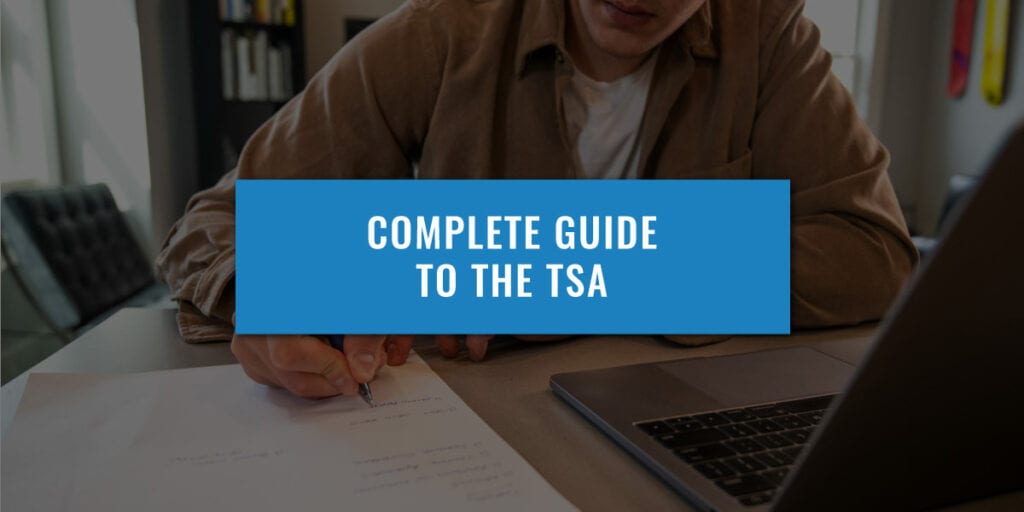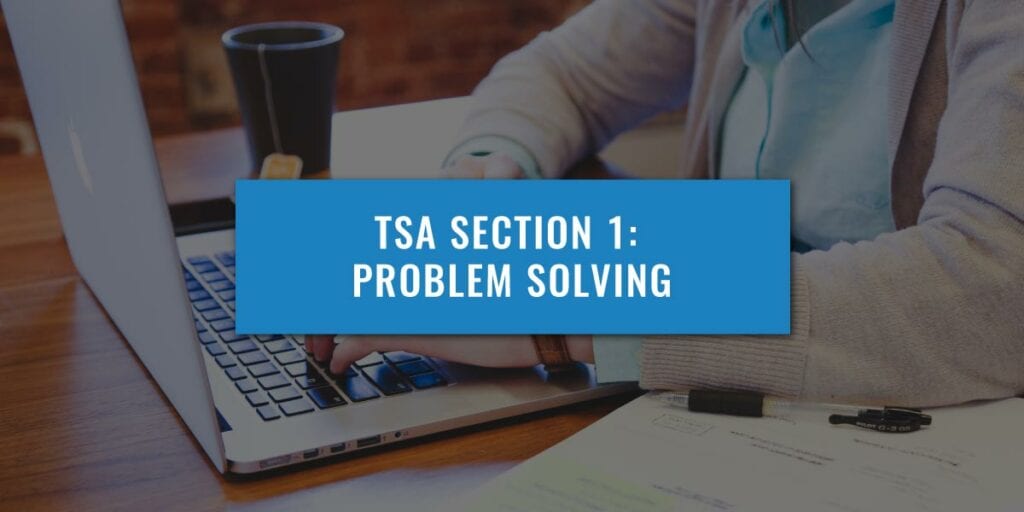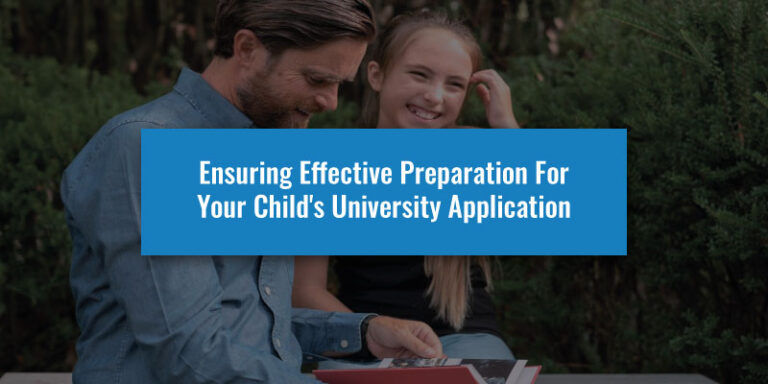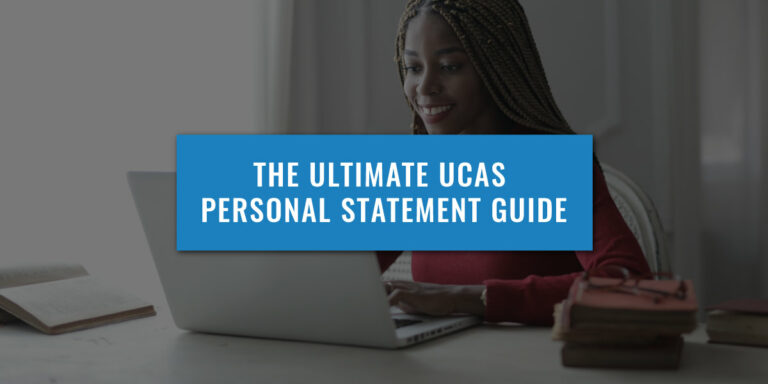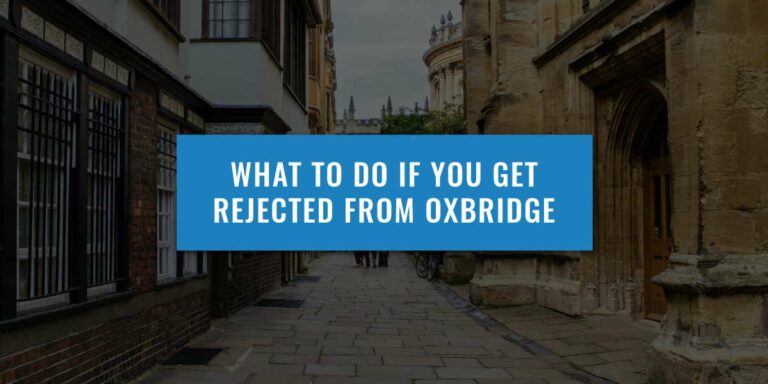How should you go about preparing for your Oxford PPE application, as well as preparing for your other four options?
PPE is a very challenging course that only about 30 universities in the UK offer, including the University of Oxford. The admissions process for the course is challenging for all of these universities but is especially hard for Oxford applicants due to the additional steps. Entry requirements can vary significantly from A*AA for admission at universities such as UCL, LSE, and King’s College, to a lower BCC -BBB at the University of Winchester.
As such, you must know everything about the process so that you can play into your strengths and have the best chance of getting in.
Short on time? Here’s a summary of the guide:
- Elements of the PPE application process include the UCAS application, Personal Statement, References and admissions tests and interviews at some universities (like Oxford).
- Choosing which universities you want to apply for is vital, so make sure you consider entry requirements and other aspects of the course to ensure you will have a good chance of being admitted.
- Your Personal Statement will be a major part of your application, so ensure you have spent time to properly draft your writing and avoid common mistakes.
- If you're applying for Oxford PPE, you'll need to sit the Thinking Skills Assessment (TSA), which is a two part general thinking skills test that includes multiple-choice questions and an essay writing question.
- Oxford PPE applicants will also need to attend multiple interviews, which are held online as traditional panel interviews and are each centred around one of the three subjects encapsulated within PPE.
What are the elements of the Oxford PPE application?
Before we dive into the important details and tips, it is important to know exactly what goes into the Oxford PPE application process. Like any other course in the UK, you will have to apply for it via UCAS under the typical Oxbridge deadlines. Here’s a recap of the sections you will have to complete:
- Personal Details
- Additional Information (UK only)
- Student Finance Arrangements (UK only)
- University and Course Choices
- Admissions Test (TSA)
- Education
- Employment
- Personal Statement
- Reference
- Interviews
Start completing these as soon as possible. Some details might take you some time to find, and the last thing you would want is to be unable to complete your application due to poor time management.
Is the admission process for PPE different across universities?
The Oxford PPE application process is more difficult than the other PPE courses in the UK, as is typical for most Oxbridge courses. Due to the number of applicants it receives, Oxford has these two extra steps to help distinguish between candidates, the admissions test (TSA) and the interviews. As you might imagine, every candidate at Oxford is essentially a perfect student on paper so the university needs extra tools to help them decide.
Luckily, for PPE universities other than Oxford, the admission process is very similar across universities so there is not much to worry about in that regard. Everything you need for these unis will already have been done for your Oxford application thanks to the centralised UCAS application. Your Personal Statement and references are submitted to all of your options, so you won’t need to send in additional materials to them.
If you aren’t applying to Oxford PPE, you won’t need to worry about the TSA and most unis won’t require an interview, so you can spend more time on the UCAS requirements.
Our expert tutors are on hand to help guide you to a successful Oxford PPE application.
Through our specially designed support programme, we help our students craft the perfect Personal Statement, achieve a highly competitive TSA score and Interview effectively.
Discover our Oxford PPE Premium Programme below and find out how you can triple your chances of success!
Choose your university for PPE
If you are set on applying to Oxford for PPE, then this section will still be important to you as you have four other options on your UCAS application that you can fill with additional universities you wish to apply to. Using all five slots gives you the best chance of attaining at least one offer, so we recommend you select five choices in most cases. Be sure to select places you would actually want to study as you may be falling back on of these offers if you are rejected by Oxford.
If you’re unsure if you wish to apply for Oxford or have decided that you won’t, you will then need to decide where you will choose instead. This is not easy since so many factors will determine which universities you can apply to.
Consider your predicted grades and be realistic. With only 30 to pick from, we would suggest looking at each of them and ranking them on various factors, including your own personal preferences and your likelihood of getting in based on your predicted grades. When doing this, it is also important to consider where you most likely will not get in.
For example, if you have three predicted A-levels (AAA) and are keen on applying to UCL, where the entry requirements are A*AA, there is a possibility that you might get a conditional offer. However, if you have three A-levels (ABB) it’s very likely that UCL will not accept you. The table below has the entry requirements for all the universities in the UK that offer PPE.
| University | A-Levels | IB (International Baccalaureate) |
|---|---|---|
| Durham University | A*AA | 38 |
| Goldsmiths, University of London | BBB | 33 |
| King's College London | A*AA | 35 |
| Lancaster University | AAB | 35 |
| London School of Economics | A*AA | 38 |
| The Open University | - | - |
| Queen's University Belfast | AAA | 36 |
| Royal Holloway | AAB - ABB | 32 |
| University of Swansea | BBB | 32 |
| University College London | A*AA | 39 |
| University of Aberdeen | BBB | 32 |
| University of Buckingham | BBB - BBC | 31-32 |
| New College of the Humanities | AAB | 35 |
| University of East Anglia | ABB | 32 |
| University of Edinburgh | A*AA-AAA | 39-37 |
| University of Essex | BBB | 30 |
| University of Exeter | AAA | 36 |
| University of Highlands and Islands | BC | - |
| University of Hull | BBC | 28 |
| University of Leeds | AAA | 35 |
| University of Liverpool | ABB | 33 |
| University of Loughborough | AAB | 35 |
| University of Manchester | AAA | 36 |
| University of Nottingham | A*AA | 38 |
| University of Oxford | AAA | 39 |
| University of Reading | ABB | 32 |
| University of Sheffield | AAA | 36 |
| University of Southampton | ABB | 32 |
| University of Stirling | BBB | 30 |
| University of Sussex | AAB - ABB | 32-34 |
| University of Warwick | A*AA | 38 |
| University of Winchester | BCC - BBB | 38 |
| University of York | AAA | 36 |
Do not apply to universities if you are far off from the minimum required grades; you might find yourself with only one offer (or none!). Have two universities as your hard choices (the ones you are most likely to get into or are most determined to get into) and use the other 3 choices for universities that you would like to attend but don’t quite have the grades for (yet).
Personal Statement for Oxford PPE
The UCAS Personal Statement is one of the hardest elements for many students. Writing about yourself can seem quite daunting, especially when you are so young. The main thing you need to remember is to keep it simple yet informative. Here are the main things to avoid:
- Do not use unnecessary cliches or language. This can be hard especially if you have done extra reading on philosophy but try to keep your language formal but modern. Admission tutors see hundreds of applicants every year, they will see through any extravagant language!
- Avoid writing about topics you have not fully explored in your free time. It can seem enticing to include as much as you can from your reading, but it can quickly turn into a literature review (and not a good one!). Instead, focus on what made you choose PPE. Maybe the work of Socrates or Plato made you want to explore a career in political philosophy. Whatever the reason to include something, make it a good one.
- Keep it personal throughout. Remember, the personal statement is all about you, your experience, your strengths, and your weaknesses. If your essay can be used to describe any of your friends, then it is not personal enough.
Less sometimes is more. On the UCAS application, you will have a maximum of 47 lines to write your personal statement (which is about 5000 characters). There is no minimum per se, so do not feel obliged to write a long essay. Keep it relevant, personal, and simple. Here’s a good example from an Oxford PPE student.
Please be aware that in 2024, the UCAS Personal Statement system will be changing into a less free-form question-based survey. Functionally, this will be the same and will allow you to provide the same information that you would have done before, but you will not be required to write a full Personal Statement from scratch.
This change will affect applicants into 2024 who will be applying for 2025 Entry, those applying for 2024 Entry will not be affected and will have to write a traditional Personal Statement.
We at UniAdmissions are watching this situation closely and will be ready to provide the best, most up-to-date support for those who will be affected by these changes. If you would to learn more about this and keep updated, please visit our guide to the 2024 UCAS Personal Statement Reforms.
Access "The Oxbridge Application Vault"
- 300+ page ebook for Oxbridge Applicants
- 25 page ebook for Personal Statement
- 2h+ online course to succeed in any exam
- Online Oxbridge Success Calculator
- 12 page ebook about UniAdmissions
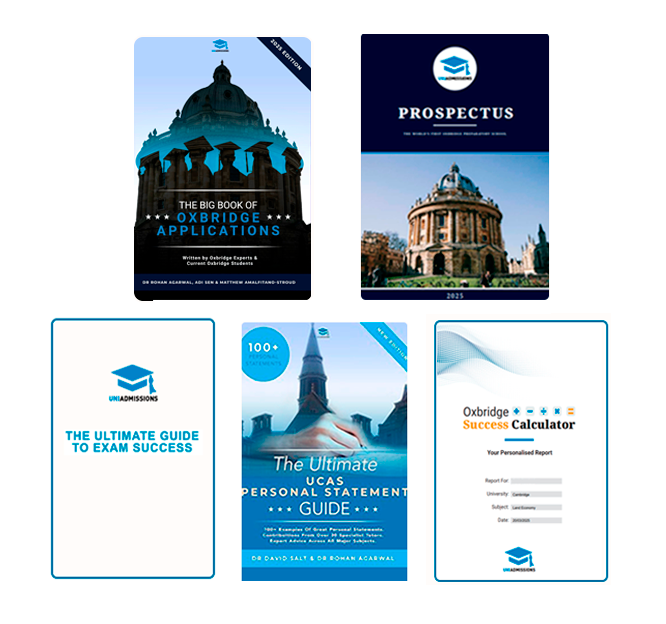
Access "The Big Book Of Oxbridge Applications" For FREE
Applying to PPE at Oxford? Learn everything you need to know about the PPE application process, including the TSA and interviews, in The Big Book Of Oxbridge Applications, available for free now! Through over 350 pages, you will find:
- 28 example Oxbridge Personal Statements
- Over 40 admissions test practice questions
- Interviews with Oxbridge students and graduates
- Additional downloadable resources
Fill in your details below to claim your digital copy today!
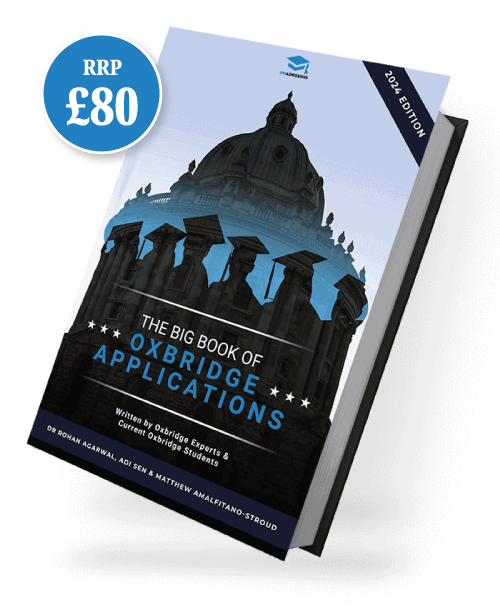
Admission test preparation for Oxford PPE
To get an offer from the University of Oxford, you will need to work a bit harder. You need to sit the Thinking Skills Assessment (TSA) and complete both sections. The test takes place in November after you have submitted your UCAS application so, unfortunately, you will not get your marks before applying.
We have written comprehensive articles that cover the TSA in detail and each one of the parts. You can find these here:
Just a quick explanation of the what test entails, you will have two sections to complete in two hours. Section 1 consists of a selection of multiple-choice questions testing your Critical Thinking and Problem Solving skills, while Section 2 will see you writing a short essay based on one of a selection of prompts.
As the TSA does not test any specific subject knowledge, your preparation is widely going to consist of practising TSA questions (as well as similar questions from admissions tests like the BMAT) and writing practice essays based on the restrictions of the test. However, we would recommend you read through our collection of Free Guides in order to start your preparation.
During your interview at Oxford, the TSA might be part of the topics discussed (including your essay) so make sure to work hard to get a high score. The last thing you would want is to discuss an essay that you are not particularly proud of having written.
If you’re concerned about how you will perform, you can triple your chances of success with our TSA Tuition Programme, which provides you with 10 hours of 1 – 1 Tuition, comprehensive courses about the exam and plenty of additional support. Find out more about our TSA Tuition Programme today, including how you can enrol and get your preparation started.
Interview preparation for Oxford PPE
Interviewing at Oxford can be overwhelming, so you must be prepared. For a PPE interview, they will give you some material (anything from a graph to an article) which you will have to “study”. What they are trying to do is see how you react to new information and how you process it. This will form the basis of your interview discussion but be prepared to quickly assimilate more information and change your argument.
Make sure to demonstrate a genuine interest in the subjects of economics, politics, and philosophy. The interviewers want a keen student who will excel during the three years and it is hard to do that if you are not remotely interested in the course. Find out more about this step of the process in our Oxford PPE Interview Guide.
The PPE faculty recommends that you get a good grasp of the contemporary social and political climate before your interview. Topics such as vaccine distribution, Brexit, and institutionalised racism are all complex and extremely relevant topics of today’s society. An interest in political and social issues is vital.
Conclusion
There are quite a few elements that go into a university application, but these are all manageable if you start preparing early! Create a list, or just print this article, and keep it in your room – preferably somewhere you will see it often. It is never too early to start your PPE preparation!
If you’re ready to start your revision of the three core subjects of PPE, check out our complete guides to Philosophy, Politics and Economics here. If you want to take your preparation to the next level, you can learn more about our Oxford PPE Premium Programme to discover how you can triple your chances of success.
Secure your dream place at Oxford to study PPE, with the guidance of our expert tutors.
Applying to Oxford is immensely competitive and it is crucial that you give yourself the best chance of success. We help you craft the perfect Personal Statement, achieve a highly competitive TSA score and teach you how to Interview effectively – covering all areas of your Oxford application.
Discover our Oxford PPE Premium Programme to learn how you can triple your chances of success today.

